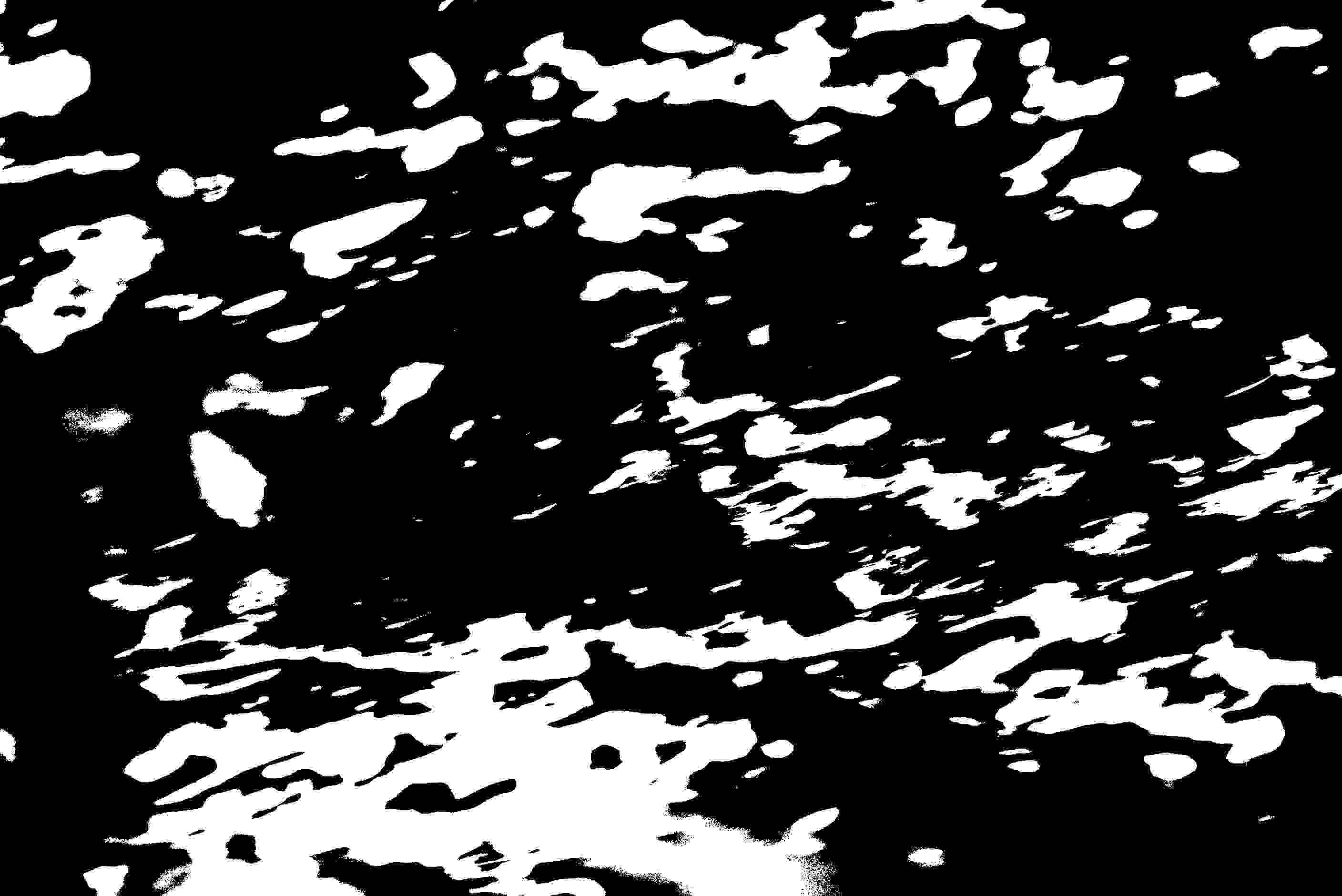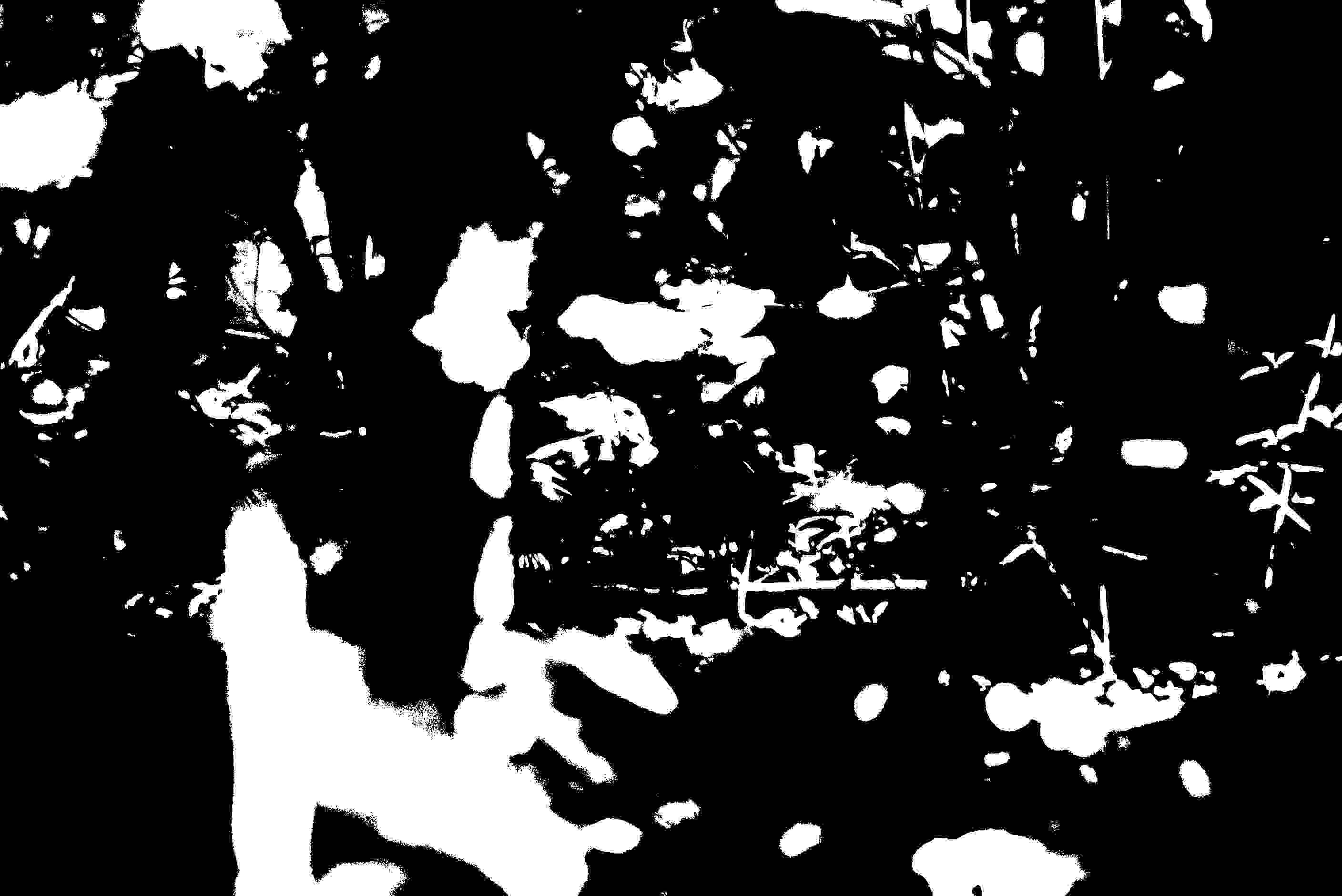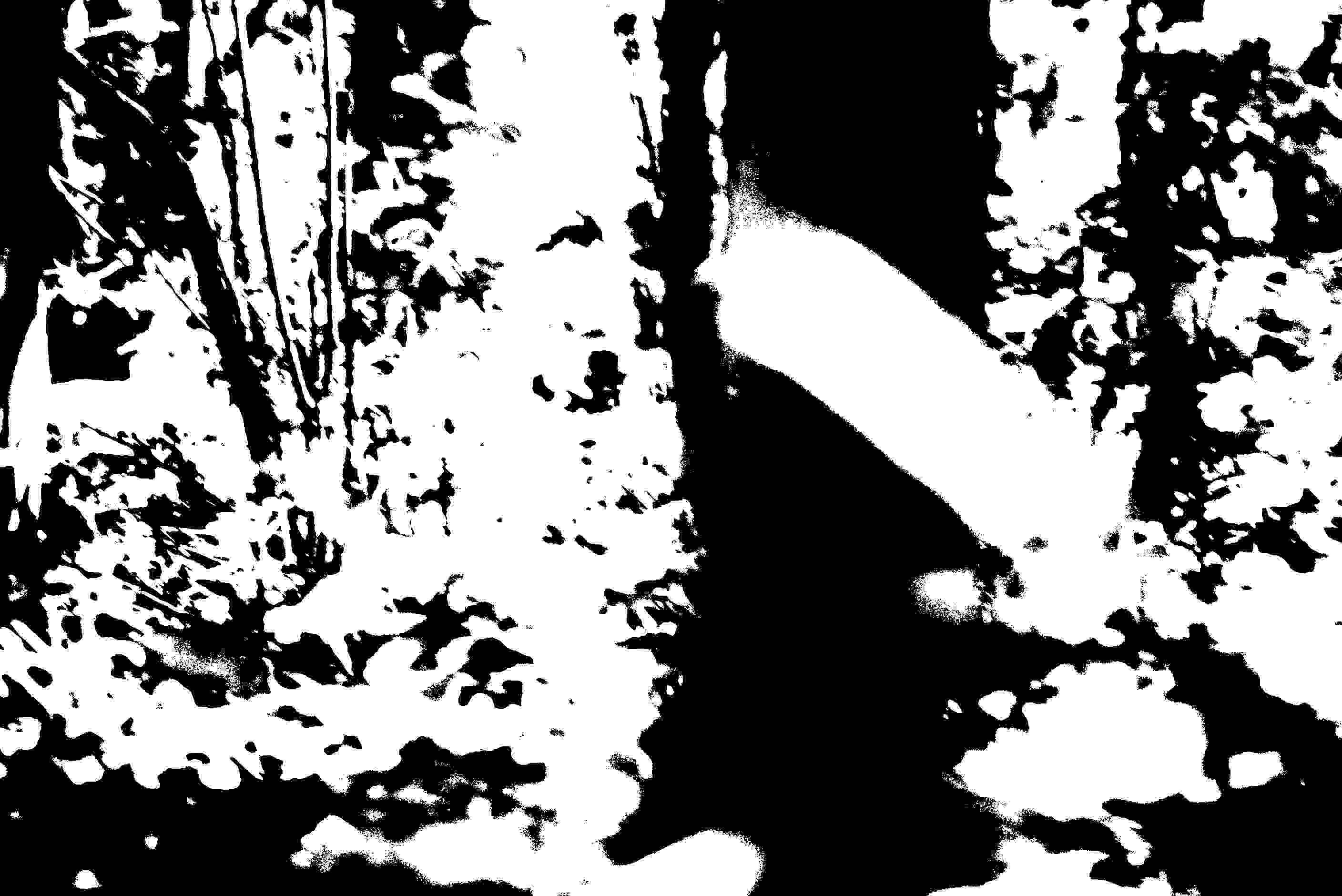
10 november 2023
John Bjarne Grover
Επίγραμμα
Βασίζεσαι στο γένος σου, στα φώτα σου
κ' έχεις και τρόπο ανάλογο μ' αυτά,
των πάντων είναι ανώτερη κ' η κότα σου
γεννά κ' εκείνη αυγά μοναδικά.
Κανείς δεν ξέρει πράμα πρώτα σου
λαλείς και γράφεις πάντα κλασσικά
και κλασσικά 'ναι ακόμη και τα μότα σου.
My tentative translation of the epigram:
You rely on your lineage, on your light,
and you have your way of analogy with itself
and higher than everything is your poultry/hen -
the birth of this egg incomparable.
And nobody knows your primary thing -
you speak and write all classic thing
and classic is still your drainhole motto.
The poem is a remarkable confirmation of the theory that every poem of Ablikhos interprets one or more of the 23 thresholded photos I took in the grove of the Danube Island. This poem reads the 4 last photos in backwards order:

You rely on your lineage, on your light,
and you have your way of analogy with itself
This shows a landscape - there are words on the ground - they say "phos-STA" = "φωσ-STA"

and higher than everything is your poultry/hen -
the birth of this egg incomparable.
The photo seems to show a sedan chair on its way, accompanied by dogs and carriers - and inside the 'egg' of this sedan chair there is another world - like this white christmas glass bowl.
(Classic 'coutume' - the word was used by Frank Tveor Nordensten - would call it 'above it all').

And nobody knows your primary thing -
you speak and write all classic thing
They seem to dance - probably in a dark park or garden - around the hammer and sickle on the ground

and classic is still your drainhole motto.
τα μότα seems to mean 'motto' in modern greek but has its etymological origins in bandages - here from
Frisk's etymological dictionary:

which tells that in classic greek it could resemble quite a lot that white field in front of the mouth of the prophet on the photo - it looks like a sort of bandage on the tree trunk.
Sources:
Frisk, H.: Griechisches Etymologisches Wörterbuch. Heidelberg, 1960.
http://vivl-lixour.kef.sch.gr/?page_id=553&lang=el
https://chinese.gratis/tools/chinese2unicode
© John Bjarne Grover
On the web 10 november 2023